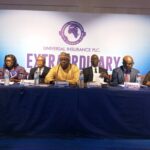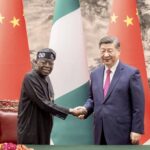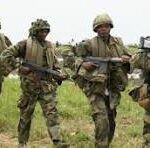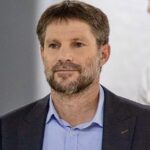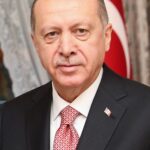Expert identifies poverty, failed courtship as major causes of divorce
Expert identifies poverty, failed courtship as major causes of divorce By Mujidat Oyewole Divorce Ilorin, Dec. 29, 2022 (NAN) An expert, Justice AbdulQadir Umar has identified poverty and failed courtship as major causes of divorce in the country. He also said failure of couple to understand what they like andContinue Reading


